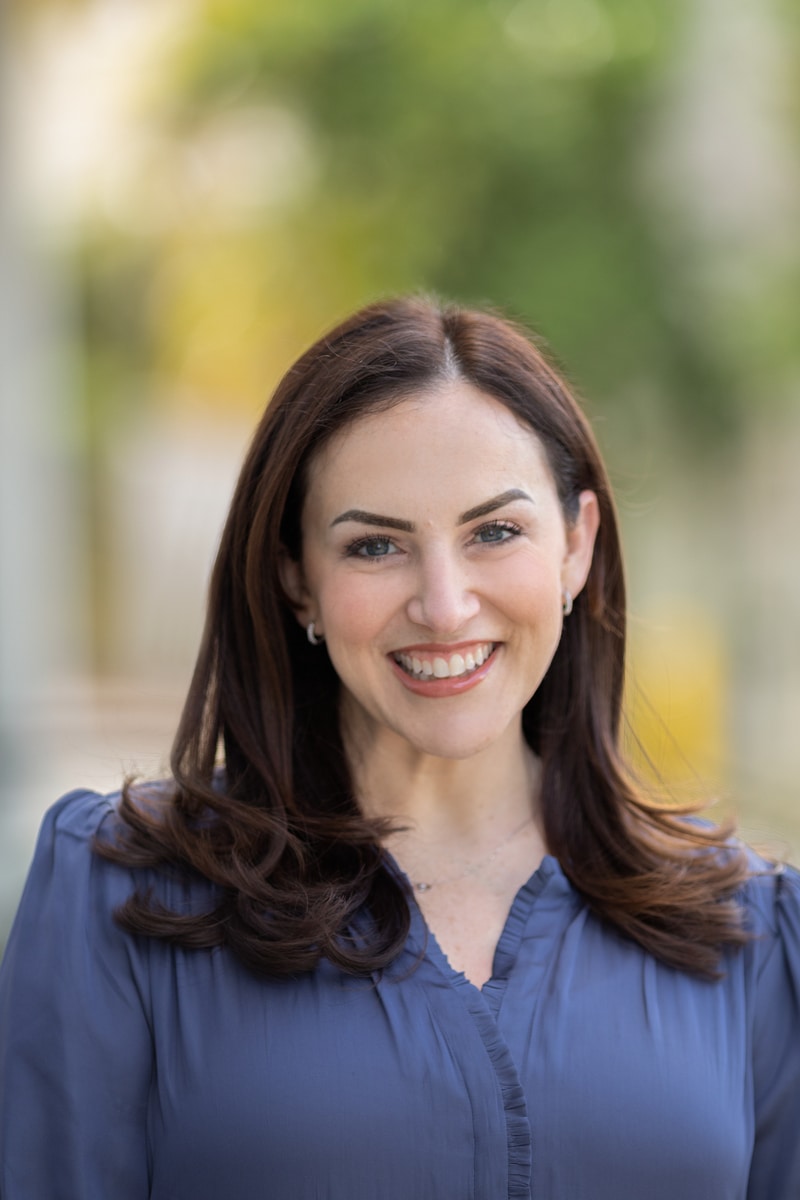Most eating disorder treatment programs offer a variety of different treatment options for people with eating disorders. They are proud to provide the highest level of care for their clients in a safe and home-like setting. The best programs also understand that an eating disorder diagnosis can not only be difficult for their clients but their families and loved ones as well. That’s why in addition to residential programs, most programs offer individualized day treatment programs that are flexible enough to work around busy schedules.
As the person seeking treatment or their families search to find the right day treatment program, it’s important to educate the family on what to expect over the next several weeks and months. Oftentimes, there are preconceived notions about what eating disorder treatment is all about that need to be dispelled, and there are plenty of situations where the full spectrum of available care isn’t very well known.
Especially in these pandemic-driven, quarantined times, day treatment for eating disorders is an increasingly viable option for all kinds of eating disorders. Unless strict medical or psychiatric care is necessary due to health complications or suicidal ideation, day treatment can provide virtually all the same services that residential can. Keep reading to learn more about the many benefits of day treatment for eating disorders.
What Is Day Treatment for Eating Disorders?
The first thing that comes to mind for most people when they think about mental health treatment is residential treatment, where a person goes to live at the treatment facility for several weeks or more. This model is well-established in mental institutions and addiction rehab, where the 30-day model is common. In these models, a client often starts in a day treatment program after completing a residential program, a process known as “step-down” programming.
While many people have heard of day treatment programs for those with substance abuse issues, this type of treatment is also used to help individuals with eating disorders begin the path to recovery or continue their journey after a residential stint. In fact, it’s becoming clearer than ever that while residential treatment is necessary for severe cases, day treatment (also known as outpatient treatment in some situations like IOP or PHP) is also a very good option. People with common eating disorders like anorexia nervosa and bulimia nervosa can benefit from this type of outpatient care if they are already medically and psychiatrically stable.
Day treatment centers are typically a good fit for clients who do not need access to 24-hour care but can still benefit from regular counseling sessions, meetings with a nutritionist, group therapy, family therapy, and more. Day treatment centers usually provide some combination of the following eating disorder treatment services.
- Personalized treatment plans
- Relapse prevention planning
- Individual counseling/therapy
- Cognitive Behavioral Therapy (CBT)
- Family-Based Therapy (FBT)
- Co-Occurring disorder counseling (drug and addiction education)
- Creative therapy
- Animal-assisted therapy
- Aftercare plans
- Aftercare groups
- Group therapy
- Recreational activities
All of these treatment modalities are offered at residential treatment centers; usually, the staff members who perform these treatments in-house are the same people who run the day treatment sessions. Since individual therapy sessions and cognitive retraining like CBT are done on a one-to-one basis, there is no difference in how they are conducted in either kind of program. Similarly, the nutritional education provided by the center’s nutritionists and dieticians can be delivered just as easily in a day treatment setting as in a residential setting. The main difference in this situation is that the client will have to do their own grocery shopping and cooking – which should be taken into consideration when deciding between the two.
Who Is a Good Candidate for Eating Disorder Day Treatment?
Day treatment programs are usually geared towards clients who have busy schedules that include important school (in the case of adolescents), work, and sports commitments. In some cases, day treatment programs may even offer an educational component to help clients stay up-to-date with their studies. If people have already completed a residential or partial hospital treatment program, day treatment can also help them to slowly transition back into their regular routine.
It has to be noted that in 2020, worldwide circumstances changed for everyone – in a way that made day treatment even more necessary to reach as many people as possible in need of eating disorder treatment. The COVID-19 pandemic has made gathering people vastly more difficult in every situation, not just eating disorder treatment. For residential treatment centers, this has cause travel restrictions and extended quarantine requirements, which has impacted their ability to treat as many people as before. It’s had some effect on day treatment as well since group and individual sessions which would have been conducted in the same room have largely been canceled.
However, eating disorder treatment facilities have been quick to adjust their treatment methods, using modern technology. Just as millions have adjusted their schedules to a work-from-home basis using Zoom and other teleconferencing apps, day treatment sessions provided by eating disorder treatment centers can largely be done online. Group therapy sessions, another staple of eating disorder treatment, can also be done online, following the model set by online alumni groups.
Whether virtual or in person, another advantage day treatment programs have is that they are often less expensive because clients do not require room and board as part of their recovery plan. One of the greatest benefits of day treatment programs is the fact that they are highly individualized. Depending on each adolescent client’s needs, there may be options available for treatment sessions that include family and close friends. While other forms of treatment may include meeting several times a week with a therapist that specializes in eating disorders.
Identifying Common Eating Disorders
If a teen or their parents believe that they may have an eating disorder, it is important to seek professional help as soon as possible. Early intervention is often crucial in terms of long-term recovery. If a person is unsure whether they may have an eating disorder, taking a look at recent behaviors can help. Some of the most common signs of eating disorders include:
- Obsessive thoughts surrounding food, dieting, body weight, body shape, etc.
- Hiding or hoarding food
- Avoiding mealtimes
- Fear of eating around others or eating in public
- Yo-yo or fad dieting
- Excessive exercise, laxative abuse, self-induced vomiting after meals
- Gastrointestinal issues
- Developing food rituals such as only eating foods in certain orders and avoiding certain food groups
The three most common forms of eating disorders are anorexia nervosa, bulimia nervosa, and binge eating disorders. According to NEDA (the National Eating Disorder Association), their main symptoms include:
- Anorexia nervosa– an eating disorder characterized by weight loss (or lack of appropriate weight gain in growing children); difficulties maintaining an appropriate body weight for height, age, and stature; and, in many individuals, distorted body image.
- Bulimia nervosa – characterized by a cycle of binge eating and compensatory behaviors such as self-induced vomiting designed to undo or compensate for the effects of binge eating.
- Binge eating disorder – the most common eating disorder in the United States, BED is characterized by recurrent episodes of eating large quantities of food; a feeling of a loss of control during the binge; experiencing shame, distress, or guilt afterward; and not regularly using unhealthy compensatory measures to counter the binge eating.
Taking Steps to Secure Day Treatment for Eating Disorders
If you or a loved one is showing any of these symptoms, it’s a cause for concern. Don’t lose hope, however. Treatment for eating disorders is as available as it’s ever been, largely because of the expansion of virtual eating disorder treatment. Your first step is to schedule a session with your doctor or qualified mental health professional. Even if they are not experts in eating disorders, they should be able to make a preliminary diagnosis and recommend a specialist. Alternately you can reach out to an eating disorder treatment center and speak to an admissions specialist. They can help assess the severity of the disorder, establish what the client’s unique treatment need would be, and arrange travel to the center. They can also help arrange financial considerations and insurance.
These steps are the beginning of a lifelong journey of recovery. It’s no understatement to say that eating disorder treatment, even on a day treatment basis, can save lives. Reach out today and get started on a happier, healthier life in recovery.










